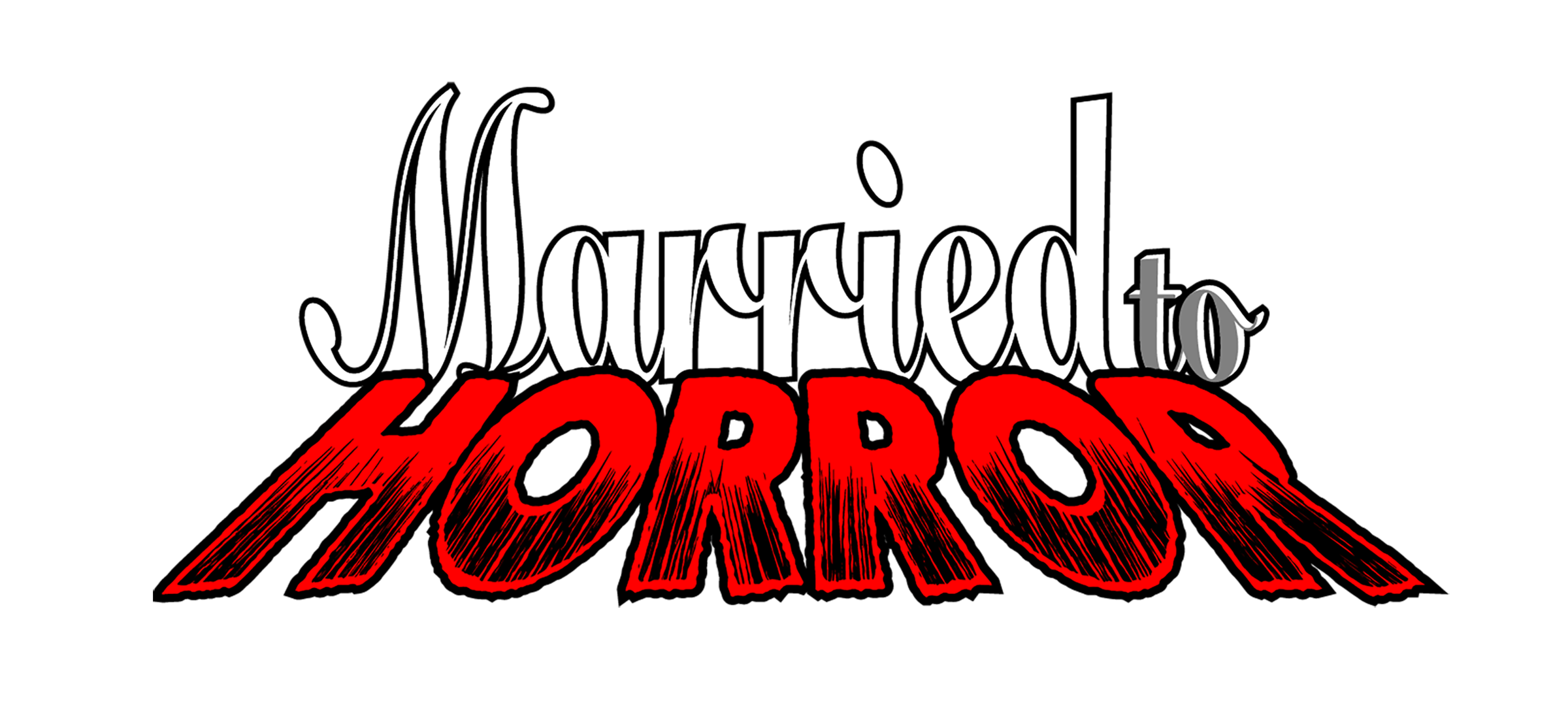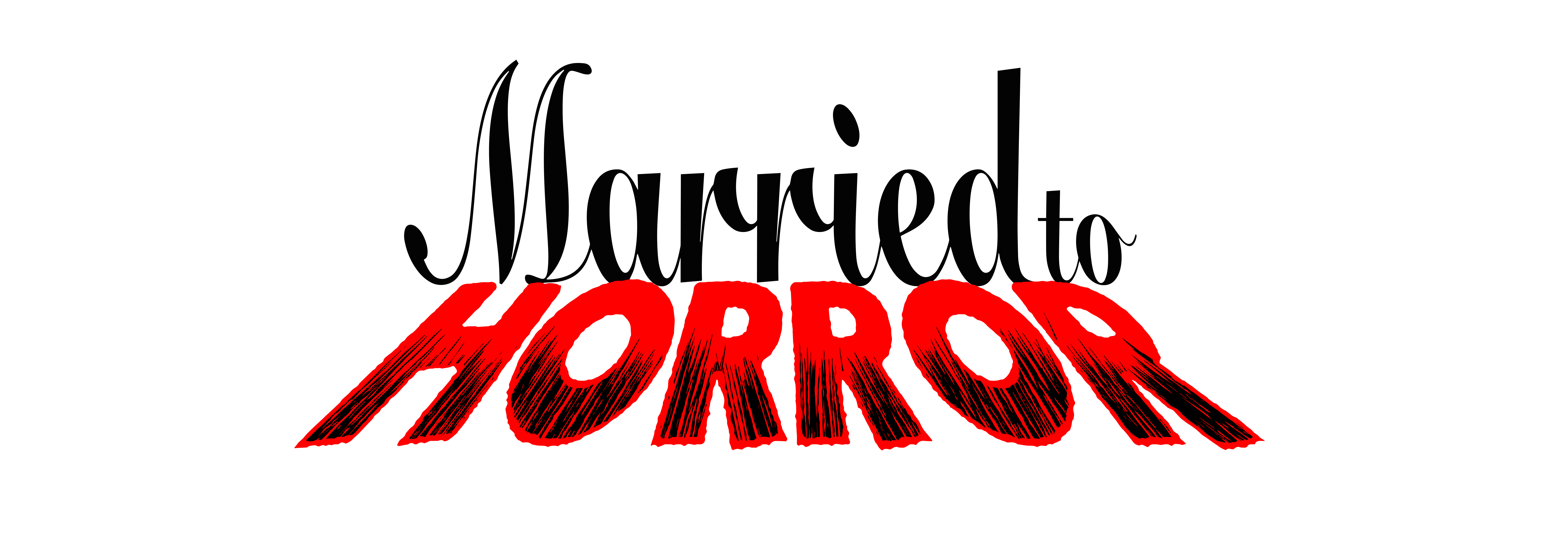MTH: In 2017, you were in a film called “M.F.A.” with Francesca Eastwood and Clifton Collins Jr. Would you tell us about the experience and how you feel about the theme of the movie and vigilante justice in general?
Rachel: Yes, that movie is really great! I know the writer of it, Leah McKendrick. She also acted in it. Leah went to Chapman with me and she was able to get all these locations for very little money. The production value is incredible in M.F.A. So, that’s how I ended up in that small part in that. It’s about a girl who gets raped and then goes out and kills rapists. I’m not going to ever advocate for somebody to kill somebody but I think that’s a very perfect analogy of what trauma does to people and how important it is for us to address this issue of rape in our society. There are so many men that get away with it. How can we find justice in that issue? I think it’s a totally important movie. Leah’s an incredible writer and storyteller.
MTH: I’ve seen every single episode of Law & Order: SVU. So, this film is in my wheelhouse and something I feel strongly about. I also support Mariska Hargitay’s charity Joyful Heart Foundation. They advocate for victims of sexual assault, domestic violence, and child abuse. It’s such an important issue that needs to continue to be spoken about. In Death Day (Formerly known as The Campus), you’re playing a woman who’s coming to grips with abandonment and is basically being tortured by reliving her death over and over. We talked about the gory aspects and the effects, how was the filming process for you? I don’t want to give it away to people…


Rachel: Oh, I think we should. I think it will entice people. Are you talking about the eyeball?
MTH: Yes, the eyeball!
Rachel: Which by the way, I still have that eyeball. I’ve had some latex on me before but I never had like an eyeball dangling from my head before. I was blind in one eye walking around acting. It was interesting and fun. We were making all these jokes in between takes because I would turn and my eyeball would swing around (laughter). Remember that game in middle school where you’d hit the ball and it goes around the pole.
MTH: Tetherball?
Rachel: That’s what I felt like a little bit. (laughter) What was more uncomfortable for me was the bloody nose because I had to take this plastic syringe and shot blood up my nose. I had to then breathe in essentially for the two seconds before the scene started before action was called because then the moment I started breathing out it dripped down my nose. Well, the issue there is that you would shoot the blood too far because it’s really hard to figure out where to shoot and I did that a couple of times. Luckily, we did that take only four times. That was the most uncomfortable thing because I felt like I got blood shot to the back of my brain. (laughter) Which is like a Covid test I’ve heard about. So, it all comes full circle.
MTH: That’s incredible because I always wondered how they did that in movies and now I know! For the character of Morgan, she has a very toxic relationship with her father. Is that something you had to dig deep for this character being that you have a great relationship with your father?
Rachel: That’s an interesting question because I do have a very healthy relationship with my parents. They are very supportive of my acting career and yet I have hang-ups about my parents. I think this is the same I’m sure for a lot of people. Feeling the need for validation and feeling the need for making them proud. So, I kind of dug into that aspect of my relationship with my father to influence how I played these scenes with him. Thankfully, my father has never you know made a deal with the devil…at least not that I know about (laughter). Plus, I imagined what if my real father is gone? How do I reconcile my relationship with my dad if I’ve never been able to say goodbye and I think that’s a lot of Morgan’s story in the movie as well.
What do you do to grieve when you don’t really have an opportunity to do that?
That’s the saddest thing. That was very emotional for me to think about, “What if that happened to me and my father?” How disappointed would I be or what kind of regrets would I have? That’s where that was rooted I would say for me and her character.

MTH: Definitely, and beyond what was happening to her in her relationship with her father was how the father was treating the two sisters differently and how that caused a rift between them. That was one of the saddest parts of the movie for us. Pitting the two of them against each other. I’m sure you’ve been asked, the film was originally called “The Campus” and then changed to Death Day. We do feel that you favor Jessica Rothe. Was the film made before Happy Death Day and if it wasn’t was the name changed to try and attain some of the fans from Happy Death Day?
Rachel: So, J. Horton wrote the movie and we were in production when we heard about Happy Death Day. The film was called The Campus because he had access to this location for free and it’s a business campus, like an office campus. So, that’s why it was called The Campus. Some people thought it was a high school thing. I could understand the confusion but then Happy Death Day came out and we thought, “Oh, is this going to help us or not?” We got a distribution deal a year after the film came out.
They changed it to Death Day, the distributor, purposefully for people to think it was a Happy Death Day sequel or prequel, or in the world of and I do look like Jessica Rothe. It’s freaky that those two movies were made around the same time with two women that look so similar. I mean they’re different movies granted but I do see the similarities between the two and some people would click on it after the name change and be like, “This has nothing to do with Happy Death Day!” and it’s like well, we never said that.
MTH: That’s interesting. That makes sense because the distributors are just interested in making money. The Campus makes sense if you’re in that world but if you’re a high school kid you don’t know what a Corporate Campus is.
Rachel: Yeah, totally. It’s been changed back to The Campus on IMDB but I think it’s still Death Day on Amazon. So, the director isn’t totally sure what to call it either. (laughter)
MTH: Wow, it’s crazy how all that plays out. The scene shot at the beginning in the caves has great production value. Was that shot in Los Angeles, on location, or on a soundstage?
Rachel: So, the campus that we shot on was kind of like a mini sound stage. They shot that maybe during the day and I came in for the night shoot. So, I got to see the set. So, in the same space where I’m brandishing the gun, there was a big cave built there. It was plastic or something they built and they dressed to look like a big cave. Then the stuff in the actual desert was shot in Joshua Tree. They did drive out to do that location but the interior cave was shot in Burbank which is where we shot the whole thing inside in this warehouse space.








Great interview. Rachel seems like such a nice person. I hope you get to make WRIGHTWOOD into a feature. Best of luck!
Rachel is GREAT! We hope to one day make Wrightwood a feature as well. Lots of ideas stirring…